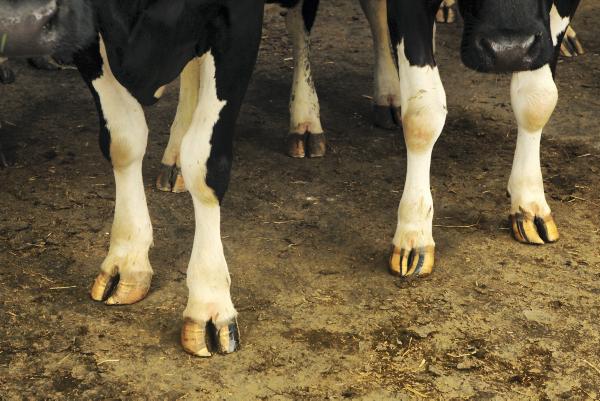The IFA and ICOS have called on the European Commission to take steps to protect markets from the impact of the Russian food import ban.
IFA President Eddie Downey has called on the Minister for Agriculture, Simon Coveney, to take immediate steps to force an effective response from the EU Commissioner for Agriculture, to the Russian ban on food exports.
Downey said, “Commissioner Ciolos’ ‘wait and see’ approach in response to the Russian ban is simply not good enough. Now is the time for taking pre-emptive action, to prevent damage to the market for exports”.
He continued, “The Commissioner must employ all of the market support tools at his disposal under the new CAP to prevent further price disruption.”
Eddie Downey insisted that EU financial resources outside the CAP budget must be used to support markets as the trade ban is neither a normal market disturbance nor a natural disaster as envisioned in the CAP crisis fund. Irish farmers must get the 1% of SFP withheld for the Crisis Fund refunded in full. It is unacceptable that Irish and EU farmers are being made to bear the economic burden in the EU’s geopolitical dispute with Russia”.
He called on Minister Coveney to make immediate contact with Commissioner Ciolos and insist that the Council of Farm Ministers "meet immediately to deliver an immediate and effective response to this market upheaval”.
Meanwhile, EU farmers and food processors should not be expected to bear the brunt of the cost of the Russian ban on food imports, according to Bertie O’Leary, President of ICOS, the Irish Co-operative Organisation Society,
He said that ICOS has been lobbying the European Commission to look at all possible tools available to underpin the EU dairy market. He welcomed the fact that dairy is going to be focused on at a meeting in Brussels this Thursday, 28 August. Bertie O’Leary repeated earlier ICOS calls for the Commission to immediately commit to the following actions:
1. The opening of maximum Private Storage Aid options, as provided for in the new Single Common Market Organisation, to add stability to the market.
2. The increasing of all avenues of support to help EU dairy companies to gain access to alternative markets around the world.
3. The introduction of fat correction factors on delivered milk. ICOS has continually sought this measure, which would reduce superlevy costs.
4. That the EU does not use the ‘Crisis Reserve’ as this is EU agriculture’s own money in direct payments and will be taken off farmers. The EU must support the consequences of their own political decisions from elsewhere in the budget.
5. Current superlevy fines taken by the Commission for the 2013/14 quota year should be immediately ring fenced and used specifically to help the current dairy situation.
6. A careful economic analysis is required as to the merits of re-introducing export refunds, to see if they can help alleviate the current situation, and assist in the orderly disposal of mounting EU cheese stocks from the marketplace.
7. Ensure that there are no delays in the issuing of export certificates for dairy product.
Bertie O’ Leary re-iterated that the cost of funding the market consequences of the EU stance should come from outside the current CAP budget, in view of the geo political nature of the stance taken by the EU on relations with the Ukraine.






 This is a subscriber-only article
This is a subscriber-only article











SHARING OPTIONS: